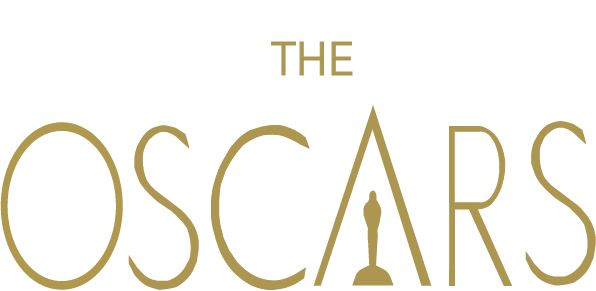A decent ceremony brought down by a bad Best Picture choice
For the first time in years, the Oscars were okay.
At the 91st Academy Awards on Feb. 24, strides in diversity were made as three non-white performers won acting prizes, women won the categories for Costume Design, Production Design and Live Action Short Film, Mexican director Alfonso Cuarón won three awards for his Netflix film “Roma,” and legendary black filmmaker Spike Lee won the first competitive Oscar of his 30-year career for his script to “BlacKkKlansman.”
Drama had circled this year’s Oscar ceremony since last year, when actor Kevin Hart was promptly announced, then unannounced as host following controversy surrounding homophobic tweets sent out between 2009-2011. He decided to step down, leaving the show without a host for the first time.
Following this, in an attempt to cut the show down for time, four categories were set to be presented during the commercials, a decision that was also reversed. An intact, albeit hostless show was then planned and executed, receiving praise from Twitter for presenter pairings, Best Original Song performances and choices for the “In Memoriam” segment.
And then there was “Green Book.”
The most recent Best Picture winner is the allegedly true story of the friendship between Italian-American bodyguard/chauffeur Tony Vallelonga (played in the film by Viggo Mortensen) and his African-American client, pianist Don Shirley (played in the film by Mahershala Ali, who won Best Supporting Actor), as they travel through the American South on a music tour in the early 1960s. It’s co-written by Nick Vallelonga, son of the protagonist, and co-written and directed by Peter Farrelly. Both men are white.
Since its release in November 2018, “Green Book” has been criticized as a “white savior” narrative, seen as emotionally immature, naïve and altogether trying to downplay the issue of racism that it claims to tackle. It has been unfavorably compared to its fellow Best Picture nominees, including Cuarón’s “Roma,” about a young indigenous Mexican maid and the class difference between her and the white family she works for, and Lee’s “BlacKkKlansman,” a true story about black detective Ron Stallworth, who infiltrated the Klu Klux Klan in the 1970s.
On top of all this, “Green Book” has understandably been compared to the similarly plotted “Driving Miss Daisy,” released 30 years ago in 1989. “Daisy” concerns a white woman and her black chauffeur in 1940s Georgia, and, like “Green Book,” was written and directed by white men. Eerily, in 1990, the same year that “Daisy” won Best Picture, Lee was also nominated, this time for his angry, powerful breakthrough film “Do the Right Thing.”
Those familiar with Lee’s filmography know that he challenges elements of the African-American experience in his films – stereotypes and blackface in “Bamboozled,” urban discontent in “Do the Right Thing,” interracial relationships in “Jungle Fever,” and now hate groups in “BlacKkKlansman.”
Lee, who has long been vocal about his discontent in losing to “Daisy,” tried to leave the Dolby Theatre when “Green Book” was announced as Best Picture, but he was stopped at the doors before he could exit.
“Green Book” is harmless, and that’s the problem. It is a toothless dog with nothing new to say and no bite to give. And that’s why the Academy loves it more than “Roma” or “BlacKkKlansman” – it’s a safe choice, not a good one.
Maybe in the future, this will be rectified. To quote Lee himself, “Rage doesn’t have to fester for years, but revenge? That stuff takes time.”





































